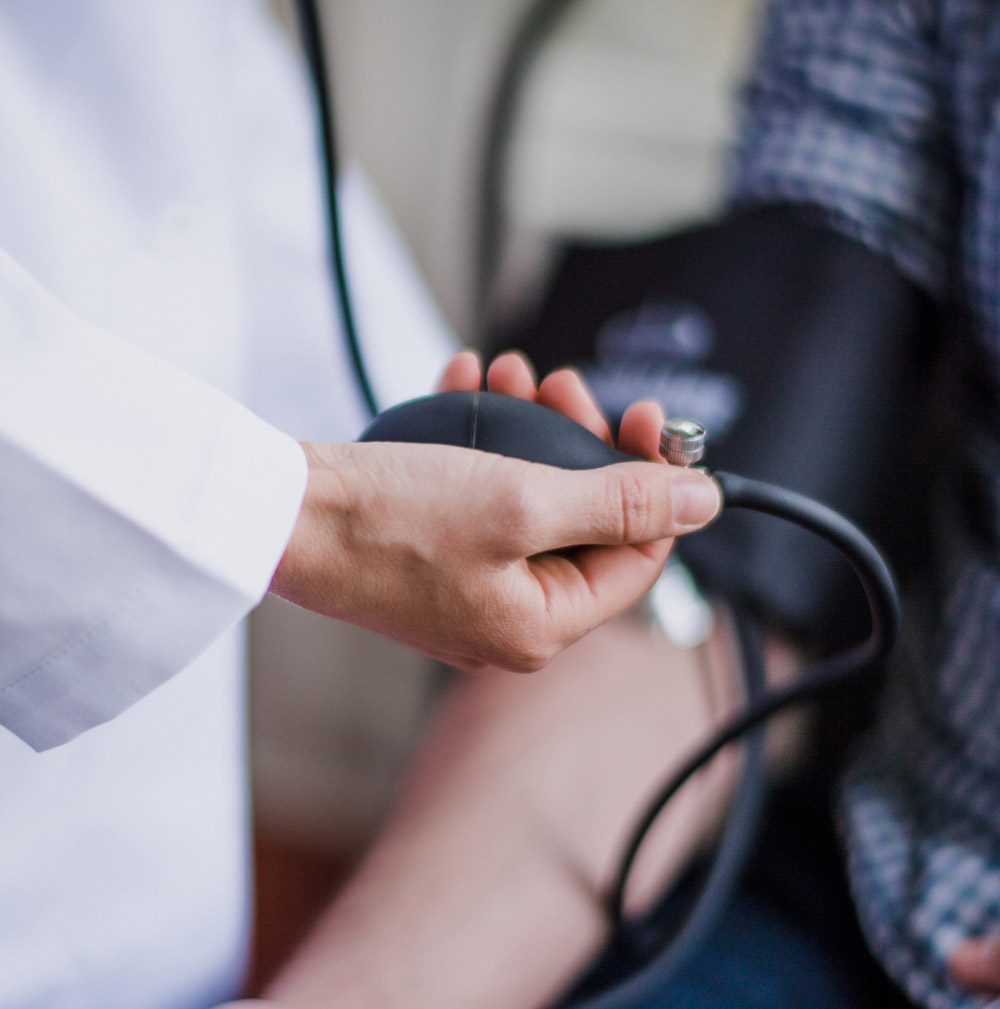Hypnotherapy – Respected By the Medical Profession Since 1958
And modern discoveries in the field of hypnosis, EEG and neurolinguistic programming have made hypnosis one of the most effective and fastest-growing types of therapy in the World. It is safe, easy, quick and effective for a number of goals. Everyone with normal brain functioning can be hypnotized and many problems can be resolved permanently within a few short sessions.
Research on Hypnosis
Hypnosis boasts a long history of positive research findings reported in the Journal of the American Medical Association, The National Institute of Health and The American Psychological Association. It is becoming more and more widely known and respected both nationally and internationally as an effective treatment for a number of goals including quitting smoking, ending addiction to alcohol and other drugs, eliminating phobias, reducing pain naturally and losing weight and keeping it off for good.
Far from being the stuff of science fiction, hypnosis has evolved as a mental health treatment of choice because it tends to work more quickly and more effectively than other psychological and medical treatments for a number of goals where habits and the subconscious mind are involved.
“The use of hypnosis has a recognized place in the medical armamentarium and is a useful technique…”
American Medical Association
Council on Mental Health
Report, Sept. 13, 1958
“The evidence supporting the effectiveness of hypnosis in alleviating chronic pain associated with cancer seems strong. …other data suggest[s] the effectiveness of hypnosis in other chronic pain conditions, which include irritable bowel syndrome… tension headaches [and numerous other conditions].”
Technology Assessment Conference Statement
October 16-18, 1995
For instance, most people have some idea of the proper amounts and types of foods to eat. But they overeat anyway. The problem lies with the subconscious mind which is the seat of all habits and behaviors. The only way to change a compulsion, belief or habit within the subconscious mind is through constant repeated conditioning (sometimes taking years) or a few sessions of hypnosis.
In fact, a study of psychotherapy literature by Dr. Alfred Barrios demonstrated the following rates of recovery :
Hypnosis and psychology
Psychoanalysis:
38% recovery after 600 sessionsBehavior Therapy:
72% recovery after 22 sessions
Hypnotherapy:
93% recovery after 6 sessions
-Dr. Alfred Barrios
American Health Magazine
“Hypnosis, biofeedback, cognitive behavioral therapy, and various relaxation procedures have all been shown to be effective…”
American Medical Association
July 24/31, 1996 – Volume 276.#4
And that’s only the tip of a big iceburg of positive research on hypnosis for many goals. Wander through the resources above to see more.
Richmond Hypnosis Center is on the cutting edge of complimentary medicine and our therapists are some of the most well-trained and experienced specialists in the world of hypnotherapy.

